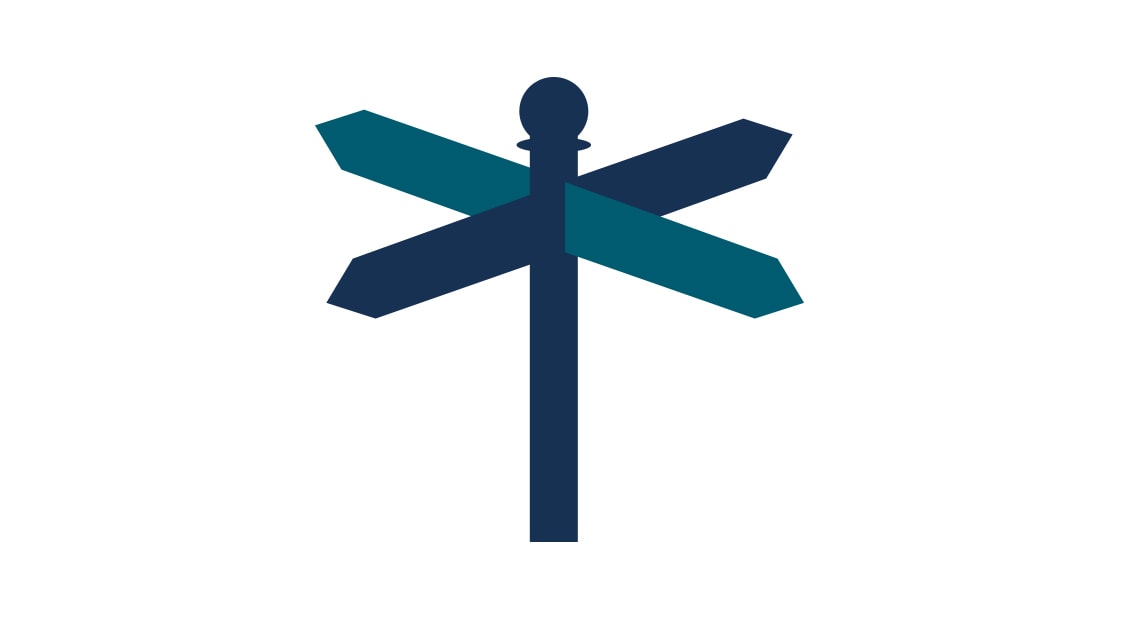It can be hard to break into broadcast and journalism. Don’t assume that going to university or studying a relevant college course will get you straight into a higher level job role.
First jobs are often low paid and there is a lot of competition. People usually volunteer to gain experience. However, a degree plus relevant experience and the right attitude will help you move into higher level positions. Moving up in the industry is often based on practical experience, contacts and the right personal qualities.

Example jobs
You may need to work up to some of these example jobs.
Assistant
Helps to plan programmes and offer studio technical support. You’ll also be doing lots of administrative work.
Runner
General assistant in TV. You’ll need a great attitude and lots of enthusiasm.
Journalist
Investigates and produces news stories for newspapers, magazines, TV, radio or the internet.
Sub editor
Checks written work before it is published in a newspaper or online.
TV producer
Coordinates the practical elements of the production of a TV programme.
Station manager
Manages the radio station. Your responsibilities might include sales, managing staff and liaising with the local community.
Case study
I cover the lifestyle content for The Scotsman Magazine, The Scotsman's Saturday supplement.
Gaby Soutar, lifestyle writer for The Scotsman Magazine
Things you need to know

Typical working conditions
- Hours are often long and unpredictable.
- The work will be fast-paced, especially when deadlines are looming.
- In TV and radio, you might be out on location or in the studio.
- In journalism, you could be out following a lead or sat in front of a computer screen.
- Most opportunities can be found in London, although there are many employers across the rest of the UK.
- You’ll find clusters of TV and radio employers in Bristol, Manchester, Cardiff and Glasgow.
- There are many local and regional newspapers.

Qualifications needed
- Most graduates working in this industry do not have a degree in media. Other degree subjects like English, history and art are common.
- You could choose an academic undergraduate degree followed by postgraduate training in journalism.
- For a degree-level qualification approved by the creative industries, choose a Creative Skillset Tick course.
- The National Council for the Training of Journalists (NCTJ) offers well-respected training for journalists.
- You can take your pick from options like sub-editing, photo-journalism or magazine journalism.

Career path
- With experience you could move into a job with more responsibility, or move from a local newspaper to a national one.
- Some people choose to move to different industries.
- Although print journalism may be shrinking, online journalism and social media are growing.
- Journalistic skills are really relevant to jobs in PR and communications.
Useful links
Pearson is not responsible for content on external websites.
National Council for the Training of Journalists
Information about training as a journalist
